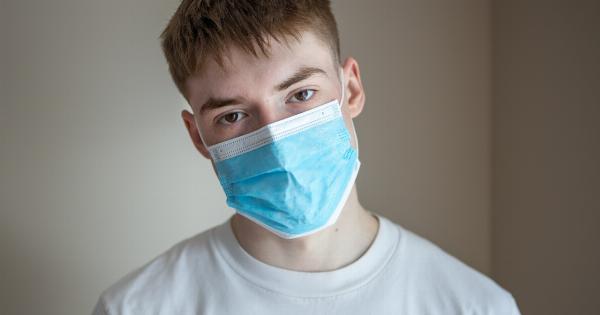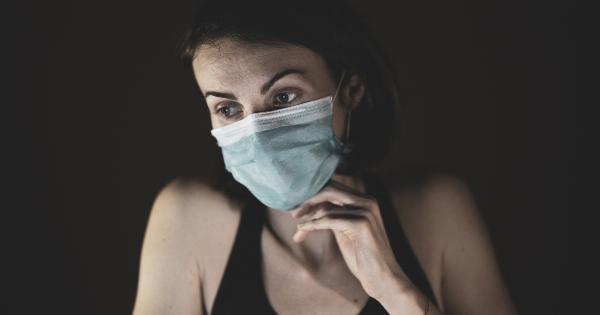Concern is growing as an outbreak of influenza sweeps across the country, claiming the lives of 22 people and sending 75 to intensive care units.
The strain of the flu, which has been identified as H3N2, is known to be particularly severe and can cause serious complications even in otherwise healthy adults.
What is H3N2?
H3N2 is a strain of the influenza A virus that first emerged in Hong Kong in 1968.
It is one of the most common strains of the flu and is known to cause severe illness in some people, particularly the elderly, pregnant women, and those with weakened immune systems. H3N2 is also known to mutate rapidly, which means that the vaccine developed for one season may not be as effective in preventing illness in subsequent years.
How is the Flu Spread?
The flu is highly contagious and can be spread through the air when someone infected with the virus coughs or sneezes. The virus can also be spread by touching a contaminated surface and then touching your mouth or nose.
It is important to practice good hygiene, such as washing your hands frequently, covering your mouth when you cough or sneeze, and avoiding close contact with people who are sick in order to prevent the spread of the flu virus.
Symptoms of the Flu
Symptoms of the flu can vary depending on the person and the severity of the illness, but typically include:.
- Fever
- Cough
- Sore throat
- Runny or stuffy nose
- Headache
- Muscle or body aches
- Fatigue
Some people may also experience vomiting and diarrhea, although this is more common in children than adults.
What to Do if You Get the Flu
If you think you have the flu, it is important to stay home and avoid contact with other people in order to prevent the spread of the virus. You should also:.
- Get plenty of rest
- Drink plenty of fluids
- Take over-the-counter medications to relieve symptoms such as fever and cough
- Contact your doctor if your symptoms are severe or if you are at high risk for complications from the flu
Who is at Risk for Complications from the Flu?
While anyone can get the flu, certain groups of people are at higher risk for complications, including:.
- Children under 5
- Adults over 65
- Pregnant women
- People with chronic medical conditions, such as asthma, diabetes, or heart disease
- People with weakened immune systems, such as those undergoing chemotherapy or with HIV/AIDS
Preventing the Flu
The best way to prevent the flu is to get vaccinated every year. The flu vaccine is typically available in the fall and is recommended for everyone over 6 months of age. In addition to getting vaccinated, you can also reduce your risk of getting sick by:.
- Washing your hands frequently with soap and water or using hand sanitizer
- Avoiding close contact with people who are sick
- Covering your mouth and nose when you cough or sneeze
- Cleaning and disinfecting surfaces that are frequently touched, such as doorknobs, keyboards, and phones
- Staying home if you are sick
Conclusion
The outbreak of influenza this season has been particularly severe, with 22 people dead and 75 in intensive care.
It is important to take steps to prevent the spread of the flu by washing your hands frequently, covering your mouth when you cough or sneeze, and avoiding close contact with people who are sick. If you do get sick, stay home and contact your doctor if your symptoms are severe or if you are at high risk for complications from the flu.



























